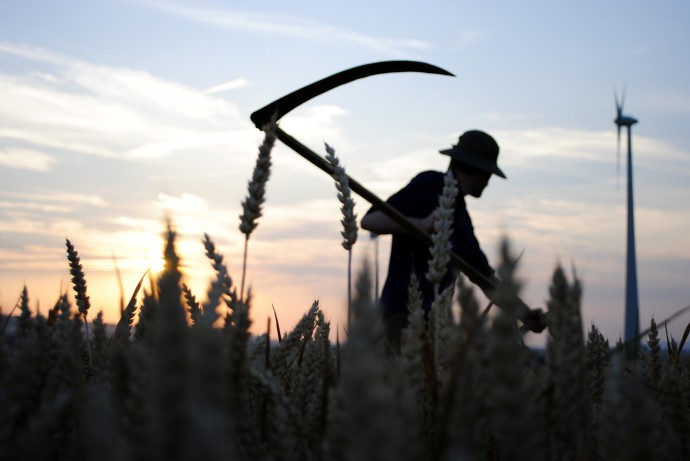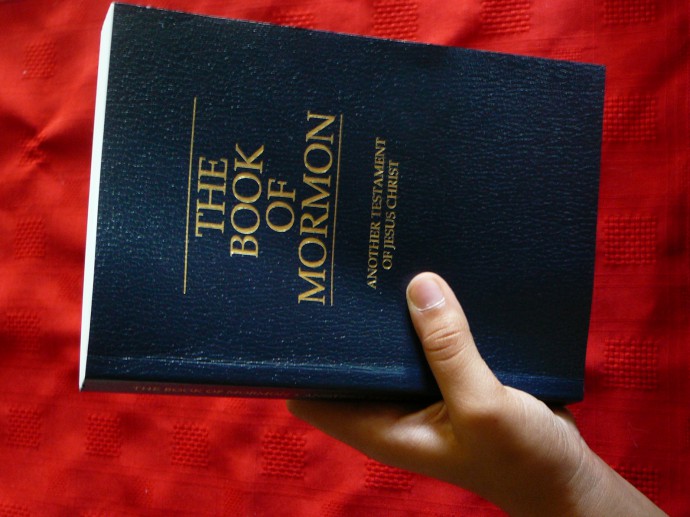Weekend read: My final recommendation
My recommended read for this week is by Zachary Crockett on the Priceonomics blog, and concerns the invention of sliced bread. As an American, Crockett fails to point out the remarkable fact that the dates in the article mean that Sir Bruce Forsyth is older than sliced bread – which is a quite remarkable fact. But the rest of the article is so good that I can probably, just about, forgive him.

This week’s selection is the 125th in this two-and-a-half year series, and I’m sorry to say that it is also the last. It isn’t for want of material: I’ve 71 future ‘weekend reads’ – more than a year’s worth – tucked away in Evernote. The truth is that I’ve grown a little bit bored with this series. It’s not a series where I add much, but rather one where I just point and gawp. And pointing and gawping gets boring after a while. The fact that I have so many future options tucked away is revealing: why have I not just shared them as I’ve gone along? And I guess, at least in part, it’s because I feel constrained by my own format. So I’m ditching it.
I’m going to take a couple of weeks away from the blog, and then I’ll be back in the new year with some new ideas and a slightly more flexible format – but I’ll tell you more about that in 2015.
In the meantime, if you didn’t catch every one of those 125 recommendations first time round, you can access the whole back catalogue here.
Have a great Christmas!
This post was filed under: Weekend Reads, Priceonomics, Zachary Crockett.









